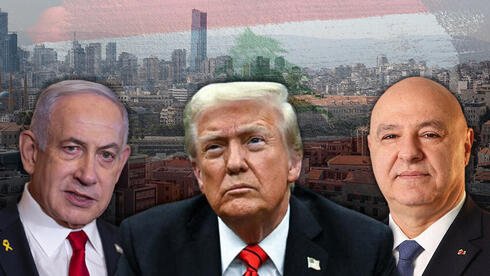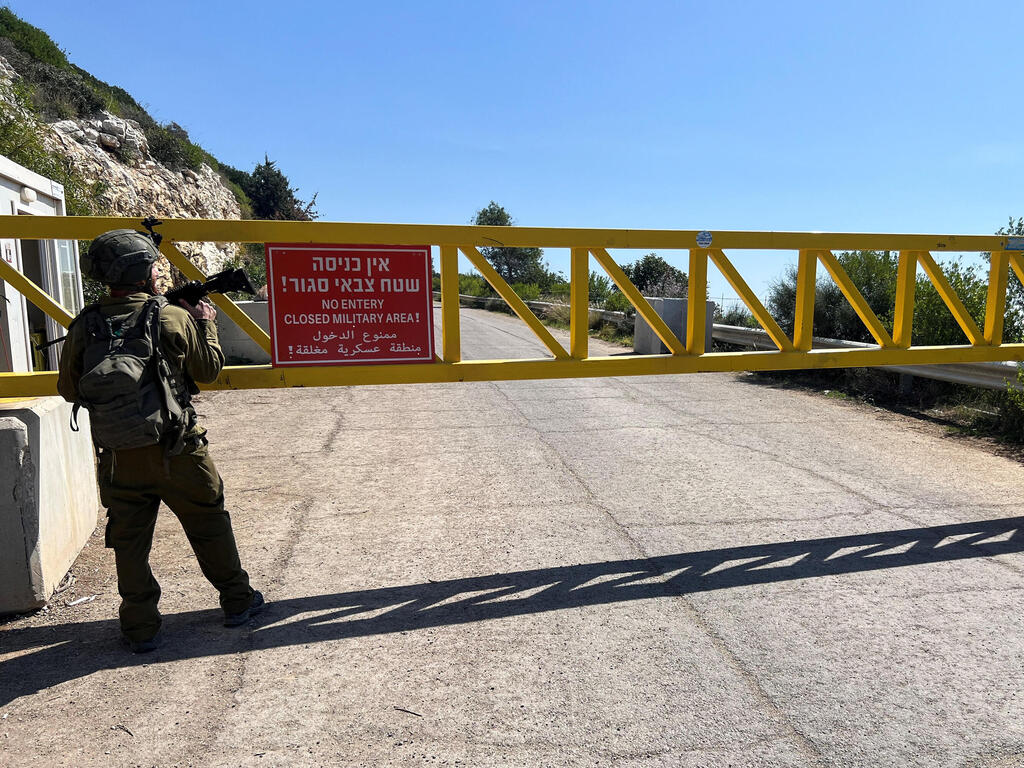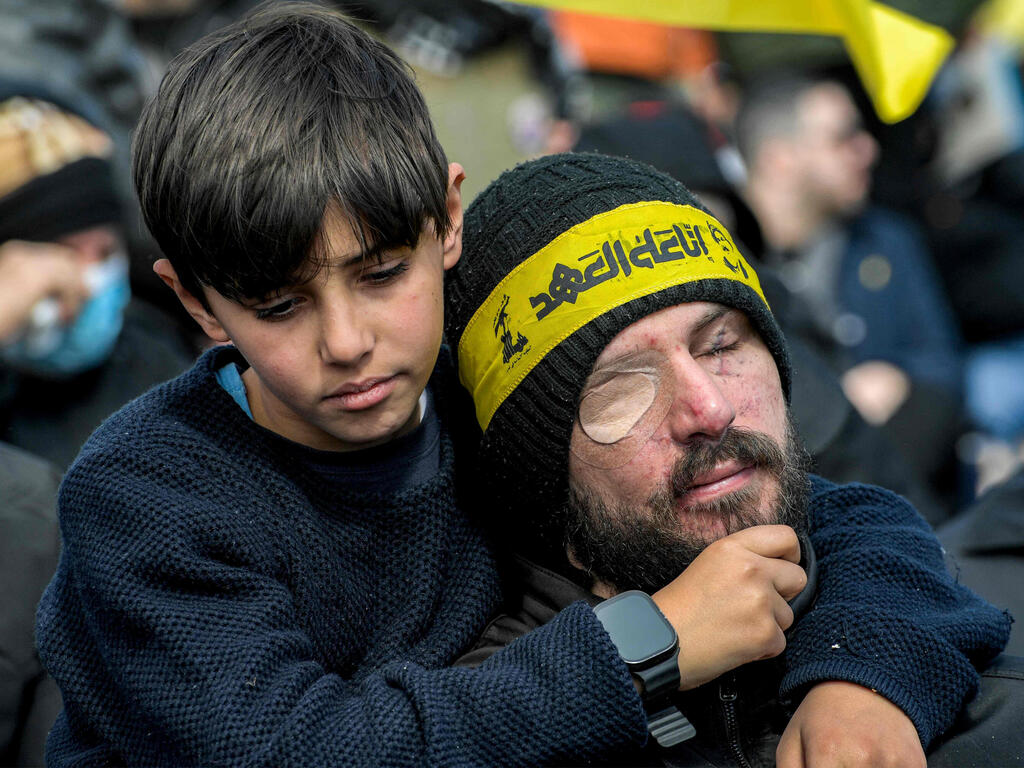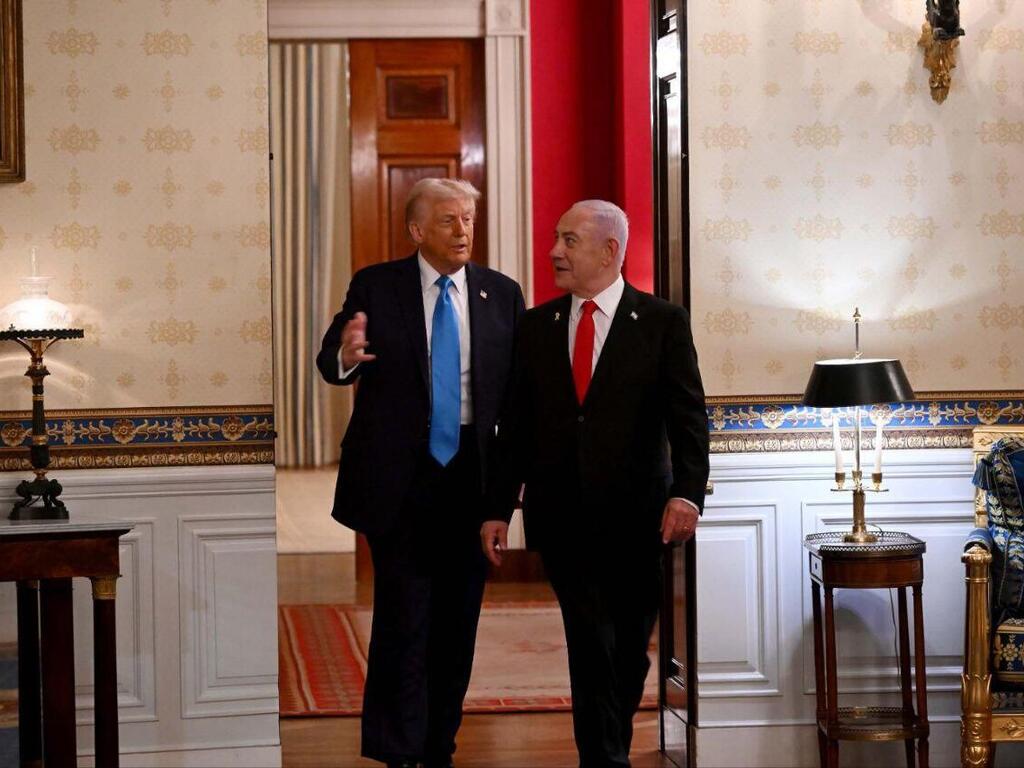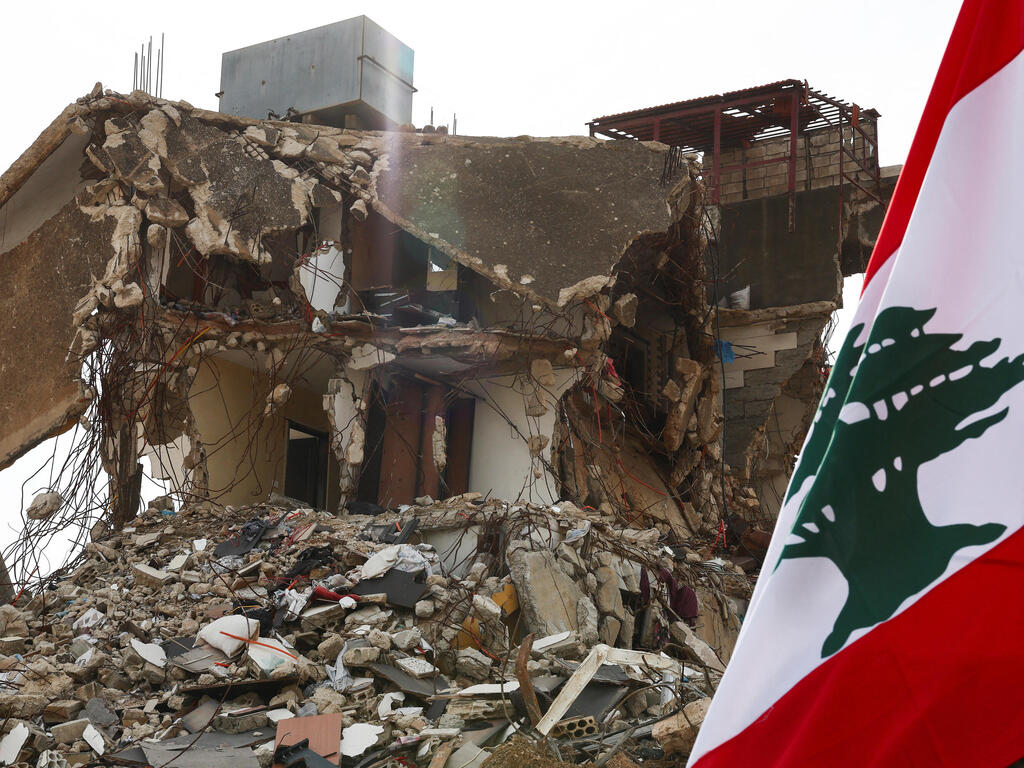One of the major fears is that Israel may soon withdraw its military presence from southern Lebanon entirely, returning to the "Blue Line" — the UN-recognized border between the two countries. Even more alarming is the possibility that the border itself might be adjusted in several places, effectively moving it southward and reducing Israel’s territorial buffer.
For local officials in northern Israeli towns and villages — who have long lived under the threat of Hezbollah attacks — these developments are unsettling. Their concerns are rooted in past experience: after Israel withdrew from southern Lebanon in 2000, Hezbollah quickly took over the area, and a similar scenario could play out again if Israel pulls back without firm security guarantees.
While Israel, too, did not fully comply — continuing its aerial surveillance flights over Lebanon despite the agreemen t— Hezbollah’s growing presence near the border has been the much greater cause for alarm.
That said, today’s reality in Lebanon is vastly different from 2006, necessitating a reassessment of the coordination committee’s conclusions based on new geopolitical conditions.
In 2006, Hezbollah and its leader Hassan Nasrallah emerged from the war with a sense of victory. They were hailed as heroes across the Arab world, and inside Lebanon, no one dared challenge their power. Today, the situation is reversed. Hezbollah is significantly weaker, and for the first time, there are real conditions for political and military change in Lebanon.
Three key developments stand out:
Hezbollah’s declining influence – The election of General Joseph Aoun as Lebanon’s president underscores a shift: Hezbollah is no longer the dominant military and political force in the country. If Israeli governments remain committed to preventing Hezbollah’s resurgence, there is a real chance to erode its power, along with that of its Shiite ally, Amal.
U.S. strategic backing – Washington has provided Israel with strong diplomatic cover, particularly in negotiations with Lebanon. Under former President Donald Trump, the U.S. took a firm stance against Hezbollah and pressured Lebanon’s government to rein in the group. Trump’s close personal ties to Lebanese Christian businessmen also played a role in shaping U.S. policy toward stabilizing Lebanon while protecting Israeli interests.
Arab world’s interest in stability – Moderate Sunni Arab states, led by Saudi Arabia and the UAE, along with Qatar, are investing in Lebanon’s recovery. Their goal is to bolster Lebanon’s governance and economic stability—objectives that align with Israel’s interest in a strong, non-Hezbollah-dominated Lebanese military. Already, Lebanon’s army, under Christian and Sunni leadership, is demonstrating an operational capability not seen in previous years.
These developments enable Israel to adhere to its commitments made to U.S. envoy Amos Hochstein, both during the past two years and more recently in ceasefire mediation efforts.
Israel has never publicly disclosed the understandings proposed by Hochstein, which were designed to incentivize not just Hezbollah, but also Lebanon’s non-Shiite leadership, to support a ceasefire and form a government independent of Hezbollah’s dictates.
Hochstein reportedly assured Lebanon that, following a ceasefire, negotiations would commence on adjustments to the Blue Line — the de facto border drawn by the UN in 2000. Hezbollah and Amal have long demanded modifications at 13 points, including the Shebaa Farms area. Additionally, Hochstein proposed discussions on the return of Lebanese detainees held by Israel, most of whom are affiliated with Hezbollah or Amal.
From a security standpoint, Israel’s primary objective remains preventing terrorist infiltration and ensuring that a large-scale attack — similar to the October 7 Hamas assault — cannot take place along its northern border. The guiding principle is that the IDF must always be positioned between Israeli communities and any hostile forces in southern Lebanon.
If the Lebanese army remains loyal to President Aoun’s leadership, and Lebanon’s government strengthens its sovereignty, Israel may be able to secure long-term security arrangements. In that context, minor border adjustments would become less significant.
The U.S. administration has made clear that Israel’s continued adherence to its commitments under Hochstein’s mediation is crucial for maintaining American diplomatic support. Consequently, Israel’s willingness to negotiate the status of the five IDF outposts, minor border revisions and the release of Lebanese detainees is both a tactical and strategic move. These steps provide an opportunity for Lebanon’s new leadership to strengthen its position at Hezbollah’s expense — an outcome that also serves Israel’s security interests.
As part of this effort, Israel has already agreed to release five Lebanese prisoners, securing in return Lebanon’s consent to engage in direct diplomatic negotiations. The significance of this cannot be overstated: by agreeing to civilian-led diplomacy, Lebanon is, in effect, offering de facto recognition of Israel — an achievement in itself.
Ultimately, Israel is pursuing stabilization on multiple fronts, with the Lebanese border negotiations forming one piece of a broader regional strategy. While Defense Minister Israel Katz recently stated that Israel would maintain its presence in Syria indefinitely, it is clear that if satisfactory security arrangements were reached, Israel would likely reconsider its position there as well.
For now, the Lebanon negotiations remain a high-stakes balancing act — one that could shape Israel’s northern security landscape for years to come.

